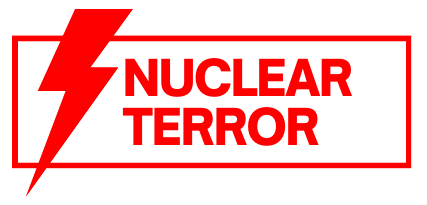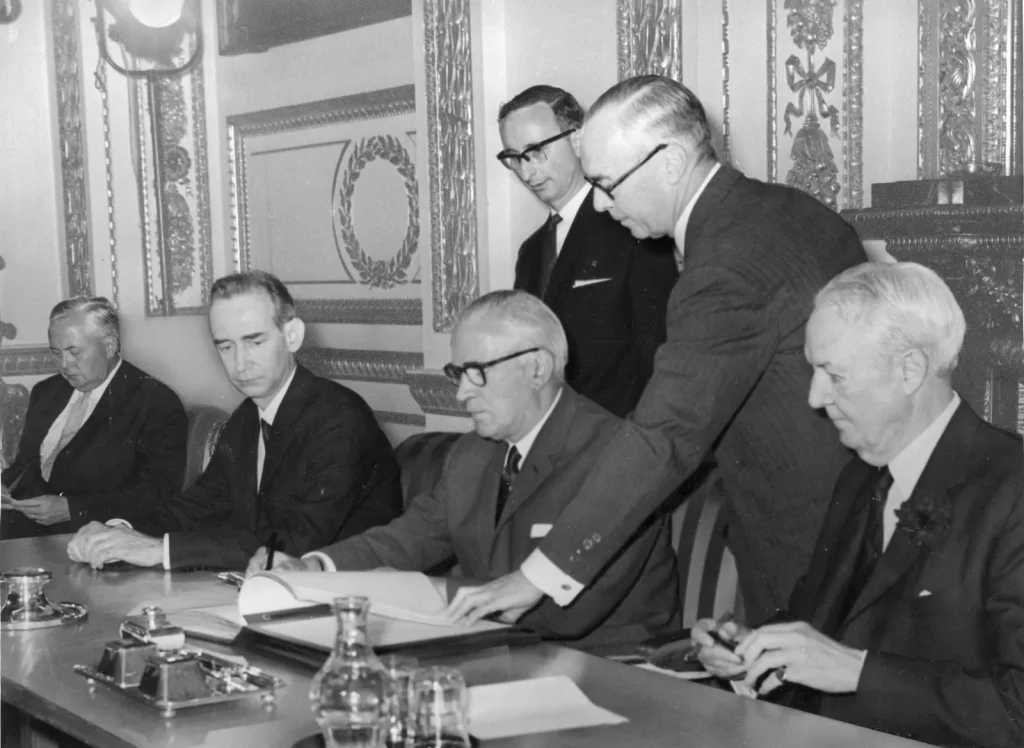Ever wondered who the mastermind behind the Nuclear Non-Proliferation Treaty (NPT) is? Well, get ready to be enlightened! The creation of the NPT is shrouded in mystery and intrigue, with a cast of characters that could rival a spy novel. From world leaders to covert operatives, the origins of this global security compact are as fascinating as they are contentious. So, grab a seat and prepare to uncover the secrets behind the NPT’s birth, as we embark on a journey that will leave you questioning everything you thought you knew about nuclear disarmament. Get ready, because the truth is about to be unveiled.
Historical Origins of the NPT
The historical origins of the NPT can be traced back to the need for global order in a world with nuclear weapons and materials. In the historical context of the Cold War, the development and proliferation of nuclear weapons raised concerns about the potential for nuclear war and the devastating consequences it would bring. Key figures in international diplomacy recognized the urgent need for a treaty that would promote global cooperation and nuclear disarmament.
Diplomatic negotiations played a crucial role in the creation of the NPT. The treaty was the result of extensive discussions and negotiations among the nuclear-weapon states, non-nuclear-weapon states, and other key stakeholders. These negotiations aimed to strike a balance between the interests and concerns of different states, while ensuring the overall goal of preventing the further spread of nuclear weapons.
The NPT was a significant achievement in terms of global cooperation. It established a framework for non-proliferation, disarmament, and the peaceful use of nuclear energy. The treaty provided a platform for states to come together and address the challenges posed by nuclear weapons. It also created a mechanism for dialogue and cooperation among states, facilitating the exchange of information and technology for peaceful purposes.
Key Players in the Creation of the NPT
After understanding the historical origins of the NPT and the need for global cooperation in nuclear disarmament, it is important to explore the key players who were instrumental in the creation of this crucial treaty. The creation of the NPT involved intense diplomatic negotiations and required the collaboration of various countries and individuals committed to nuclear disarmament and global security.
One of the key players in the creation of the NPT was the United States. As a nuclear-weapon state, the United States played a significant role in shaping the treaty’s provisions and advocating for its adoption. The leadership and commitment of U.S. diplomats, such as Ambassador Thomas Graham Jr., were crucial in driving the negotiations forward and ensuring the success of the treaty.
Another key player was the Soviet Union. As the other major nuclear-weapon state at the time, the Soviet Union had a vested interest in nuclear disarmament and the prevention of nuclear proliferation. Soviet diplomats, including Ambassador Nikolai T. Fedorenko, played a vital role in negotiating the terms of the NPT and ensuring its acceptance by the international community.
Other key players included countries like the United Kingdom, France, and China, who were also nuclear-weapon states and participated in the negotiations. Their involvement and cooperation were essential in reaching a consensus on the provisions of the treaty.
In addition to these key states, non-nuclear-weapon states and representatives from international organizations like the United Nations also played important roles in the creation of the NPT. Their contributions helped shape the treaty’s language and ensured that it reflected the aspirations and concerns of the international community.
Motivations Behind the Creation of the NPT
To understand the motivations behind the creation of the NPT, it is crucial to examine the global context and the prevailing concerns regarding nuclear weapons and their proliferation. The NPT was born out of the Cold War era, characterized by heightened tensions between the United States and the Soviet Union. The primary motivation behind the treaty was nuclear disarmament and ensuring global security. Both superpowers recognized the devastating consequences of nuclear weapons and the potential for their proliferation, which could lead to a catastrophic nuclear war. The NPT aimed to prevent the spread of nuclear weapons to non-nuclear states while promoting disarmament among the existing nuclear powers.
Diplomatic efforts played a significant role in the creation of the NPT. Negotiations involved intense discussions between the major powers and other countries, seeking to strike a balance between non-proliferation and the right to peaceful use of nuclear energy. The treaty was seen as a means to establish trust and build confidence among nations, fostering a cooperative approach to global security. By creating a framework for international cooperation, the NPT aimed to prevent the further proliferation of nuclear weapons and maintain peace.
Challenges Faced During the Formation of the NPT
During the formation of the NPT, numerous challenges arose that required careful consideration and diplomatic negotiation. These challenges can be categorized into two main types: internal challenges and external challenges.
Internally, one of the main challenges faced was achieving consensus among the negotiating states. With diverse interests and priorities, it was difficult to find common ground on key issues such as disarmament, non-proliferation, and the peaceful use of nuclear energy. The negotiations were often characterized by heated debates and disagreements, which prolonged the process and required significant compromises.
Externally, one of the major obstacles was the resistance from states that possessed nuclear weapons but were reluctant to relinquish them. These states were concerned about their security and the potential loss of their strategic advantage. Convincing them to join the treaty required extensive diplomatic efforts and assurances regarding their security and the peaceful use of nuclear energy.
Additionally, there were challenges related to the broad participation of states in the treaty. Some states, particularly those in the developing world, were skeptical of the treaty’s provisions and felt that it perpetuated an unequal nuclear order. Overcoming their concerns and ensuring their participation required addressing their specific needs and concerns.
The Role of the United Nations in the NPT’s Creation
The United Nations played a crucial role in the creation of the NPT, providing a platform for diplomatic negotiations and fostering international cooperation in addressing the challenges of nuclear weapons and non-proliferation. The United Nations served as a forum where countries could come together to discuss and negotiate the terms of the treaty. It provided a space for countries to voice their concerns, interests, and ideas, and facilitated dialogue and consensus-building among the member states. The United Nations also played a key role in overseeing the treaty negotiations, ensuring that all parties had an equal voice and that the final agreement reflected the collective will of the international community. Furthermore, the United Nations promoted international cooperation by encouraging countries to work together towards the common goal of global security. By bringing countries together and facilitating diplomatic efforts, the United Nations helped to create a treaty that aimed to prevent the spread of nuclear weapons, promote disarmament, and maintain international peace and security.
The NPT’s Evolution and Impact Over Time
Over the course of its existence, the Nuclear Non-Proliferation Treaty (NPT) has undergone significant evolution and has had a profound impact on global efforts to prevent the spread of nuclear weapons and promote disarmament. The NPT’s evolutionary impact and global significance can be seen in the following ways:
- Diplomatic efforts: The NPT has served as a platform for diplomatic negotiations and dialogue among states. It has provided a framework for discussions on nuclear disarmament, non-proliferation, and the peaceful use of nuclear energy. Through its review conferences and meetings, the NPT has facilitated international cooperation and engagement on these critical issues.
- Nuclear disarmament: The NPT has played a crucial role in promoting nuclear disarmament. It has obligated nuclear-weapon states to reduce and eliminate their nuclear arsenals, leading to significant reductions in the number of nuclear weapons worldwide. The NPT’s disarmament provisions have set the stage for further negotiations and agreements aimed at achieving a world free of nuclear weapons.
- International cooperation: The NPT has fostered international cooperation in various aspects of nuclear non-proliferation and disarmament. It has encouraged states to work together in implementing safeguards, promoting peaceful uses of nuclear energy, and strengthening the international non-proliferation regime. The NPT’s emphasis on cooperation has created a sense of shared responsibility among states in addressing the challenges posed by nuclear weapons.
Future Prospects and Challenges for the NPT
As we look ahead to the future of the Nuclear Non-Proliferation Treaty (NPT), it is essential to assess the potential challenges and opportunities that lie ahead in maintaining and further strengthening the global nuclear non-proliferation regime. The NPT has made significant achievements in reducing nuclear arsenals and preventing the spread of nuclear weapons. However, there are warning signs and challenges that threaten the success of the treaty.
One challenge is the increasingly unsettled international security environment. Bilateral relations between major powers have deteriorated, and existing arms control agreements are unraveling. The risk of an increase in the number of nuclear-armed states is also a concern. Without new nuclear arms reduction agreements, there is a risk of renewed nuclear arms competitions and an increase in the risk of nuclear weapons being used again.
Furthermore, the NPT’s disarmament goals and the prevention of nuclear proliferation are both at risk. The Comprehensive Plan of Action (JCPOA) and Iran’s rebuilding of its enrichment program, along with Saudi Arabia’s threat to acquire nuclear weapons if Iran does, and Turkey questioning why it cannot have nuclear weapons, are all challenges that need to be addressed.
To maintain international stability and ensure the future prospects of the NPT, it is crucial to address these challenges. This requires diplomatic efforts, renewed commitment to disarmament goals, and strengthened non-proliferation measures. International cooperation and dialogue are vital to overcoming these challenges and ensuring the continued success of the NPT in preventing nuclear proliferation and promoting global security.


